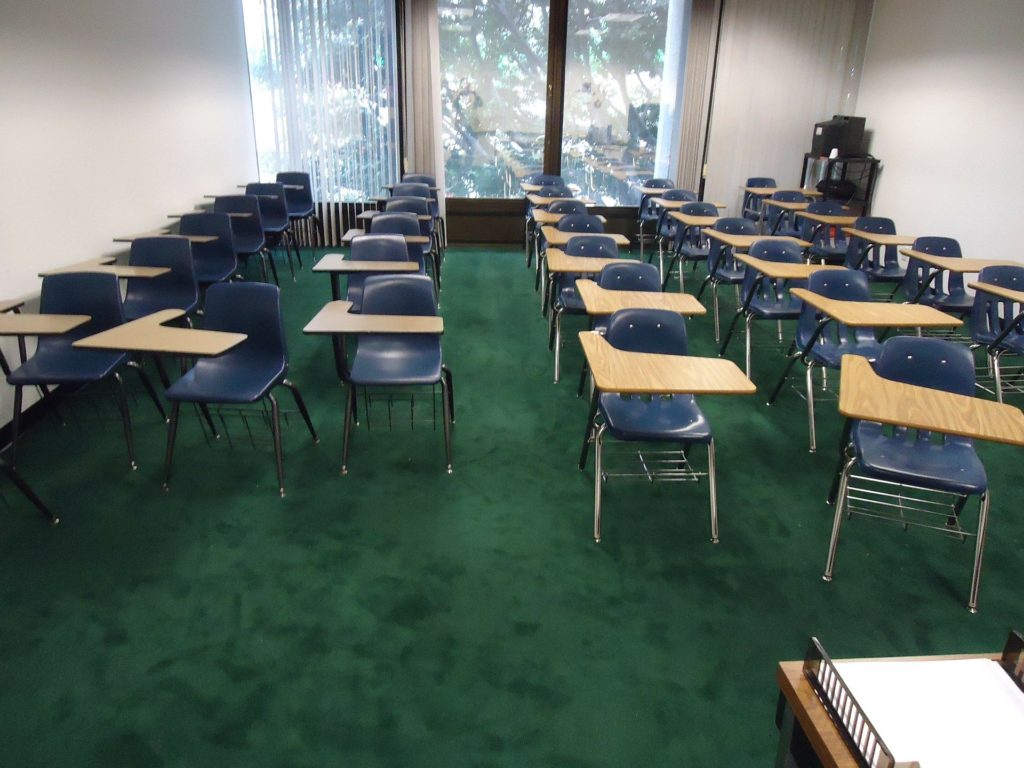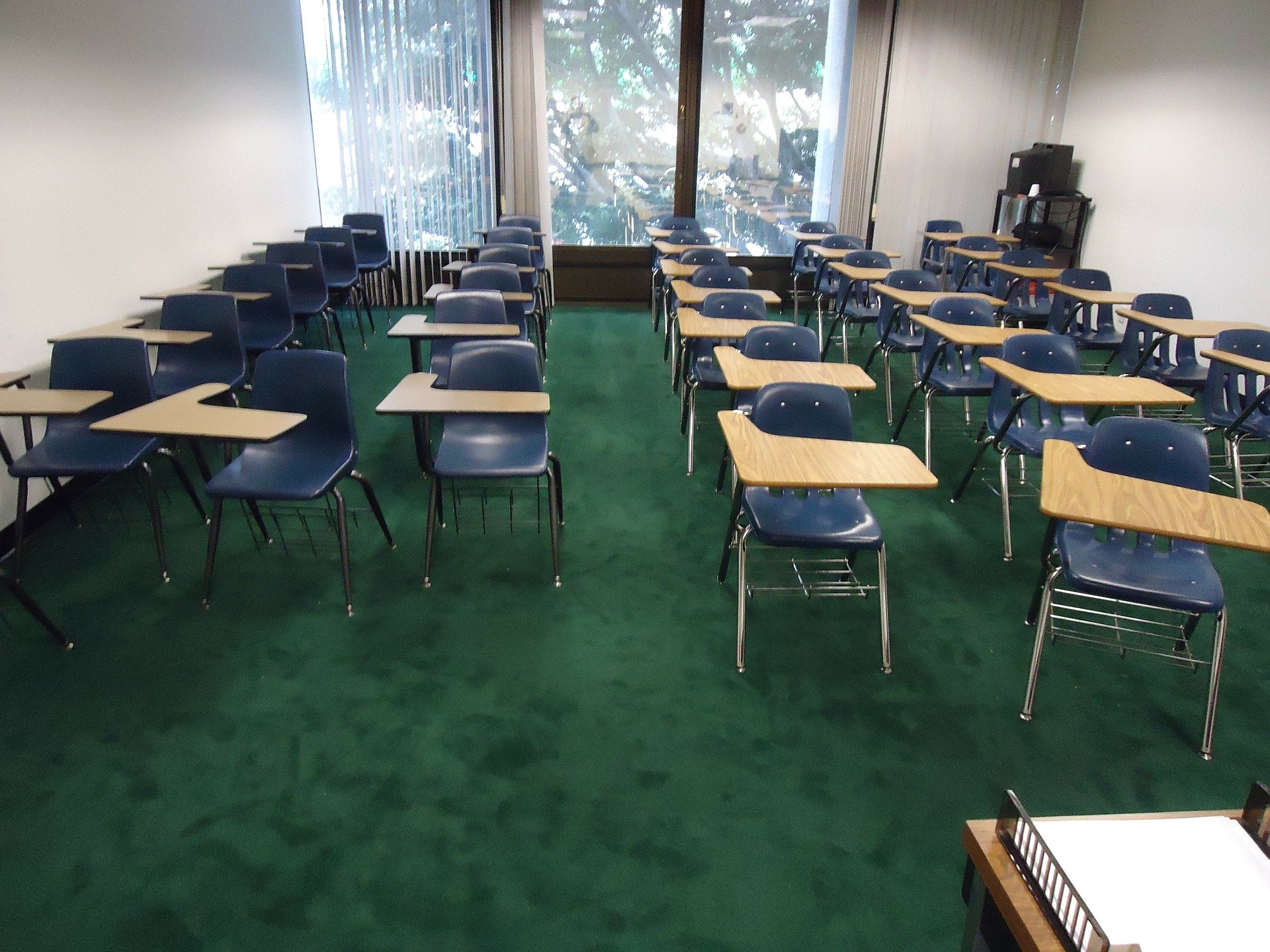Dan Liddicott Libertarian writer, podcaster and political candidate, writes about state schooling.
Has lockdown proven we don’t actually need state schooling? That there are better ways of getting an education rather than rely on the government?
“It’s worth noting that our present system of education was invented in the 1800s to meet a very specific need – an obedient and trained population, discouraged of original independent thinking”
Putting the criticisms and worry generated by the state response to missed exams aside, for now, this is likely the start of a long conversation. But let’s begin by considering this briefly. It’s worth noting that our present system of education was invented in the 1800s to meet a very specific need – an obedient and trained population, discouraged of original independent thinking, with teaching limited to those licensed by the state delivering a standardised curriculum – designed in the industrial revolution and built on the Prussian model which wanted obedient soldiers as the end product.
Award winning teacher John Taylor Gatto wrote:
“In the long history of the human race, until the mid-19th century, no such institution as universal forced schooling (following a government design) ever occurred, because the idea is so ridiculous on its face.” (1)
Education expert Sir Ken Robinson, wrote:
“One size does not fit all. Some of the most brilliant, creative people I know did not do well at school. Many of them didn’t really discover what they could do—and who they really were—until they’d left school and recovered from their education.” (2)
In spite of the challenges lockdown posed, I can’t help thinking it perhaps offered more educational opportunities than barriers for those who wanted to seize them. Individuals were finally free – during ‘school hours’ – to pursue education and learning of things that resonated with their interests, passions and inclinations, rather than the ‘one size fails to fit all’ standardised curriculum.
As Kerry McDonald, of the Foundation for Economic Education put it:
“The vast technological platform that is now at our fingertips makes self-education accessible to all. It also makes clunkier forms of learning, like sitting passively in a classroom memorizing and regurgitating information from textbooks and a predetermined curriculum, seem passé at best. …Humans have an instinctual drive to learn and are able to learn an incredible amount of knowledge and skill in their earliest years. This natural curiosity continues into adulthood, but is often dulled by a forced system of education that prioritizes schooling over learning. The ability to self-educate can be schooled out of us, leaving us dependent on others to be taught. Technology changes the relationship between teaching and learning. It empowers the learner, supports the rapid change of knowledge creation, and lets the learner decide what to learn, when, and from whom. Learners may still choose to be taught, but their teachers work for them.” (1)
“Is it just possible, that classroom learning designed over a century ago is an anachronism? Has lockdown shown we don’t need school – except perhaps on a superficial level, as a place to put our kids while parents work?”
Is it just possible, that classroom learning designed over a century ago is an anachronism? Has lockdown shown we don’t need school – except perhaps on a superficial level, as a place to put our kids while parents work? Has the government response to the lack of exams demonstrated even they are not essential – do skills and knowledge matter more than grades? Certainly many graduates of 2020 will be proving that to future employers and Universities without any exams at all.
But what do you think? Can we do without the state school system? Is real education better achieved by technology? Is classroom schooling an out of date throwback to bygone era? Could genuine education leave schooling behind?
References taken from:
(1) Boyack, Connor. Skip College: Launch Your Career Without Debt, Distractions, or a Degree.
(2) Robinson, Ken. The Element: How Finding Your Passion Changes Everything.
Article kindly reproduced from original.
Dan can be found on Twitter, Facebook and at his website https://libertaridan.com/.


